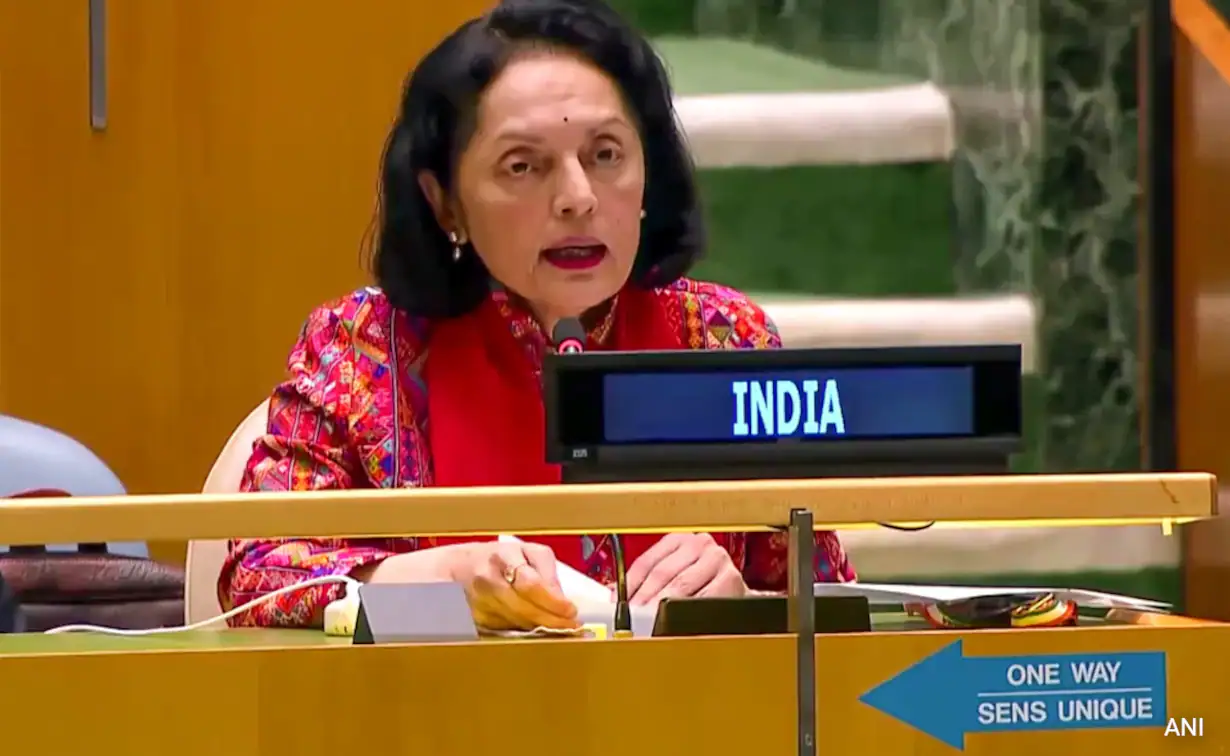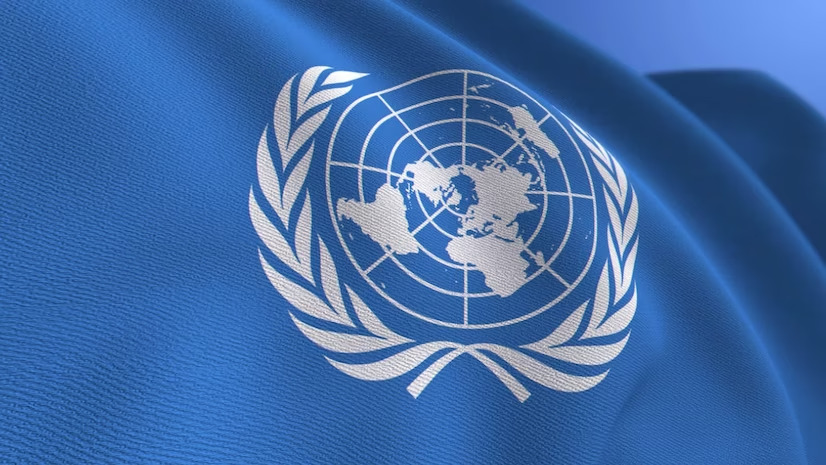India’s decision to abstain from voting on a UN resolution concerning Islamophobia reflects a delicate balancing act rooted in both domestic and international considerations. The move underscores India’s nuanced approach to diplomatic engagements, particularly regarding sensitive issues such as religious tolerance and geopolitical alliances.
At the heart of India’s decision lies its complex domestic landscape, characterized by diverse religious and cultural identities. As a secular democracy with a sizable Muslim population, estimated at over 200 million, India faces the challenge of ensuring communal harmony while safeguarding freedom of expression. The government’s stance on issues related to Islamophobia is often scrutinized within the context of its handling of religious minorities and the broader narrative of Hindu nationalism espoused by the ruling party, the Bharatiya Janata Party (BJP).

Source: NDTV
In abstaining from the UN resolution, India appears to prioritize its bilateral relationships and strategic interests. The resolution was proposed by Pakistan, a long-standing rival with whom India shares a history of contentious relations, particularly over the disputed region of Kashmir. By abstaining, India avoids lending legitimacy to Pakistan’s initiative while signaling its commitment to engaging with the Muslim world on its own terms, separate from Islamabad’s influence.
SOURCE:- NDTV
Furthermore, India’s decision reflects its broader foreign policy objectives, which emphasize strategic autonomy and non-alignment. Despite deepening ties with countries in the Middle East, Southeast Asia, and beyond, India maintains a cautious approach to multilateral initiatives that it perceives as infringing on its sovereignty or aligning too closely with the interests of any single power bloc.
Critics of India’s abstention argue that it undermines the global fight against Islamophobia and sends a troubling message regarding its commitment to protecting religious minorities. They point to instances of religiously motivated violence and discrimination within the country, including incidents targeting Muslims, as evidence of the need for stronger international solidarity against Islamophobia.
However, supporters of India’s decision contend that addressing Islamophobia requires nuanced approaches tailored to specific contexts, rather than blanket resolutions that may overlook the complexities of individual nations. They highlight India’s efforts to promote interfaith dialogue and combat extremism domestically, while also advocating for a more inclusive discourse on religious diversity at the international level.
In the aftermath of its abstention, India faces renewed scrutiny over its record on religious freedom and minority rights. The decision serves as a reminder of the delicate balancing act the country must navigate in upholding its secular principles while navigating complex geopolitical dynamics. As India continues to assert its influence on the global stage, its approach to issues like Islamophobia will remain a subject of both domestic and international scrutiny.
Share your views in the comments

